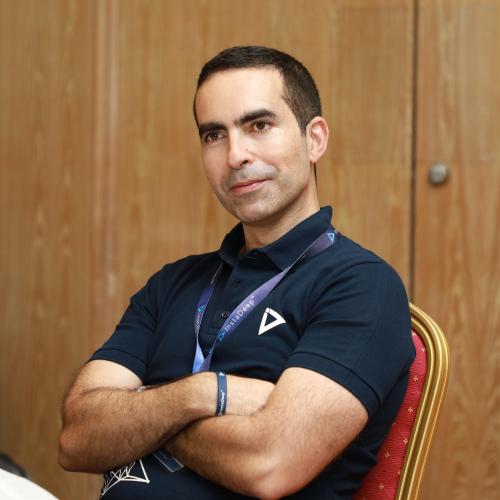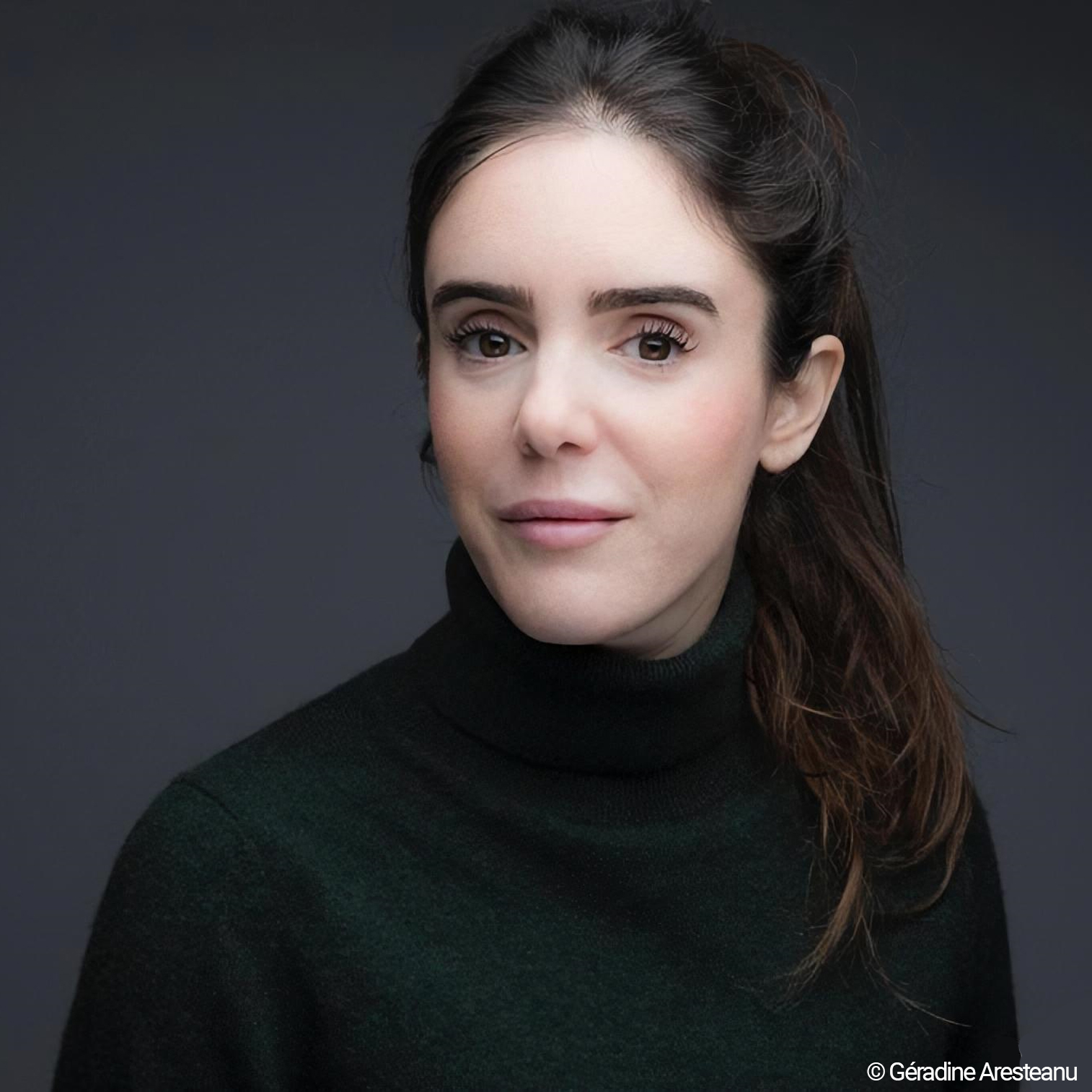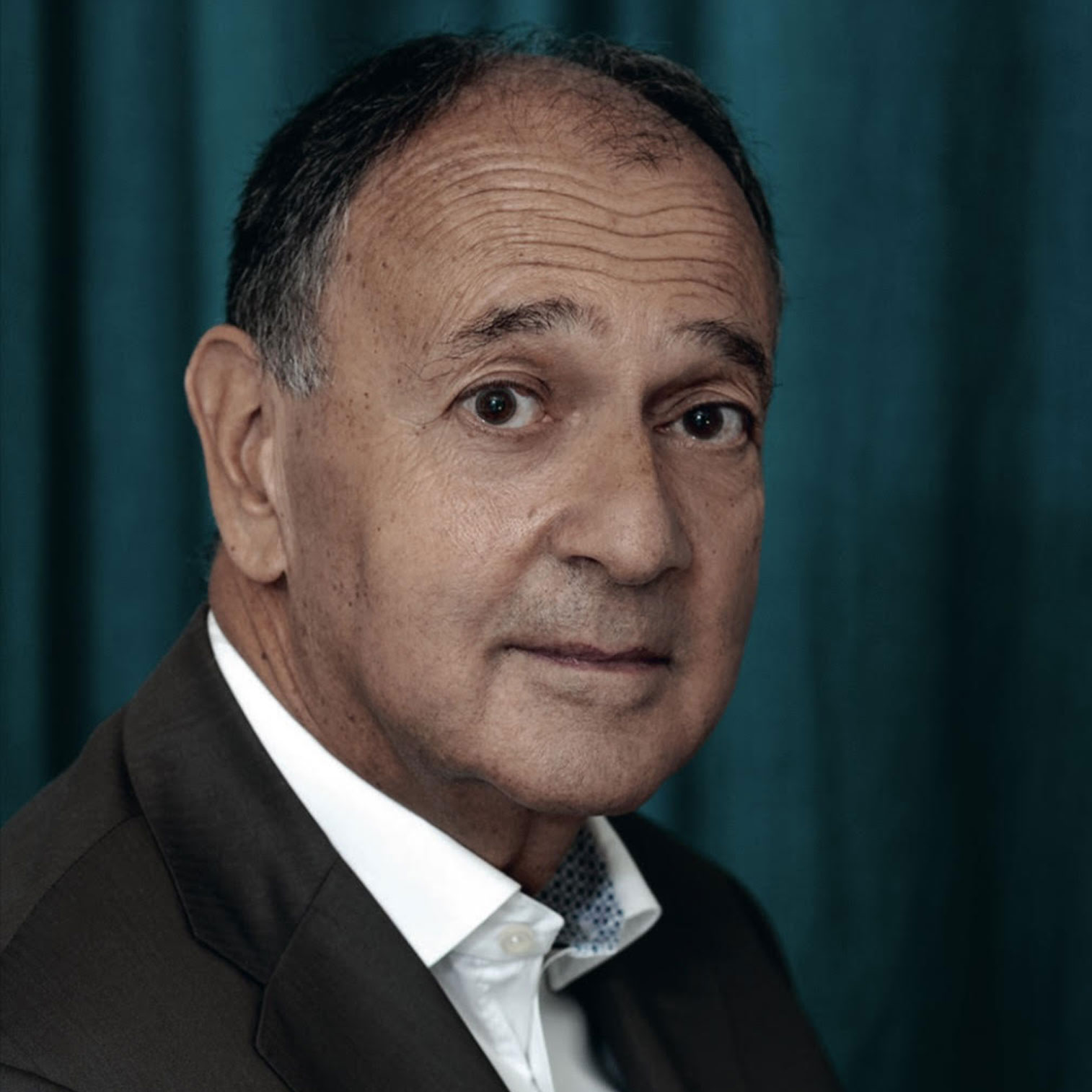3 questions to Karim Beguir

By Preligens, 05/09
InstaDeep was founded in 2014 in Tunis, by Karim Beguir, a French-Tunisian engineer, graduate of X, ENSAE and NYU, and Zohra Slim, a self-taught entrepreneur with a passion for computer science, with two laptops and $2000 in funding. InstaDeep is now one of the leaders in the design of artificial intelligence systems for decision-making. Its solutions offer a unique competitive advantage in addressing the most complex challenges in a range of industries. The company, which has been named two years running in the CB Insights AI 100 list of the world's 100 most promising private artificial intelligence companies, now employs 170 people of 24 different nationalities and has a headquarters in London and offices in Paris, Tunis, Lagos, Dubai and Cape Town. Through its research and real-world commercial deployments with industry leaders, InstaDeep develops AI products such as its DeepChainTM protein design platform. InstaDeep has also developed collaborations with global leaders in the AI ecosystem, such as Nvidia and Intel, and has published joint research with Google DeepMind.
How did you detect the Omicron virus before anyone else thanks to artificial intelligence?
Thanks to its genetic sequence! International databases have over 300,000 sequences of SARS-CoV-2 variants, which is a wealth of information for AI. Working with our colleagues at BioNTech who are experts in COVID-19, we were able to develop criteria to accurately estimate the immune evasion potential and infectious potential of a given variant. On the basis of these criteria, the Omicron virus sequence appeared to us, from the first day we obtained it, to be of serious concern.
How did your idea to develop a deeptech company come about in 2014 and what difficulties did you face?
I have always been passionate about applied mathematics and AI, especially since my studies at Polytechnique and in the US, where I had worked on neural networks (the spearhead of modern AI) in the early 2000s. In 2014 I decided to take the plunge and abandon a classical career to follow my passion and launch, with my co-founder Zohra, a deep tech company focused on AI. We started with very little means (2 computers and 2000 euros) without being known. So we had to fight for years to demonstrate our capabilities, deliver concrete results for our clients and partners, while developing cutting-edge R&D capabilities. In the startup model, you have a constant tension between short-term goals, such as generating revenue for your investors, and long-term goals, such as developing innovative technologies. In the end, I would say that what makes the difference if you want to develop a deeptech startup is to be competent and passionate about the technologies you are working on and their positive impact on the world. If you work hard and for a long time, in a field where you have both competence and passion, success becomes possible.
How would you convince the most sceptical of the usefulness of AI? How do you make an impact with AI?
Even if you are sceptical about its usefulness, you are in fact already using AI, and probably every day. This can range from visual recognition to access your phone, to understanding language when you run a query, spoken or written, on a web browser, to optimizing graphs to calculate the shortest travel time for your next car trip. At InstaDeep, our mission is to help build a world where AI is beneficial to all. To have a positive impact with AI, my advice is to work on areas where you have expertise and at the same time develop your AI skills. It is at the intersection of the two that you will find concrete opportunities to take initiatives and build useful systems. This is exactly what happened to us with the Covid-19 advanced variant detection system, developed with our partner BioNTech. With more than 10,000 new variants per week, experts are under a deluge of data and cannot fully track the evolution of the pandemic in real time. Thanks to AI, it is now possible to anticipate and identify potentially dangerous variants at an early stage, and thus speed up the formulation of an appropriate response. To conclude: if you have to remember only one fact about AI, it is this: It is now certain that AI will have an even greater impact on the world, both economically and socially, than the internet. So don't hesitate to take an interest!


